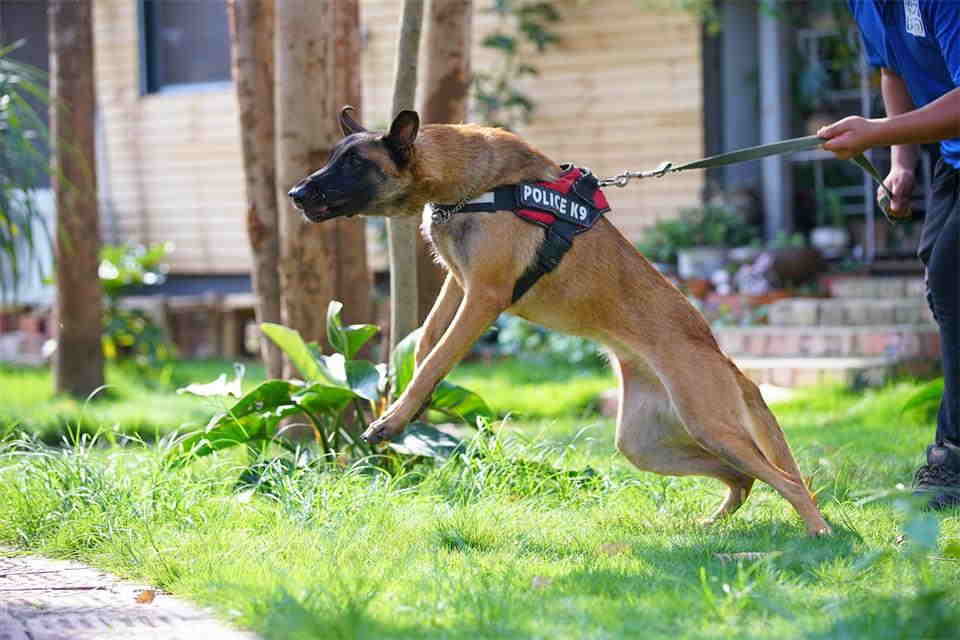If a dog bites someone, who pays the price? The obvious answer seems like “the owner,” right? But the legal reality isn’t always that simple. Dog bite liability laws vary depending on where you live, how the bite happened, and even who was involved. Sometimes, the person you least expect could end up legally responsible.
Dog Owners Aren’t Always Automatically Liable
Many people assume dog owners are always 100% responsible for any harm their dog causes. In many cases, that’s true — but not in every situation.
Most states follow one of two approaches when it comes to dog bite laws:
Strict liability – In these states, the dog owner is responsible for any injuries their dog causes, even if the dog has never shown aggression before. The victim doesn’t have to prove the owner was careless.
One-bite rule – Here, the owner is only liable if they knew (or should’ve known) the dog had a tendency to bite. In other words, the dog gets “one free bite” before the owner can be held accountable.
There are often exceptions, even in strict liability states. For example, if the person who was bitten was trespassing or provoking the dog, the owner might not be held responsible. This is why it always makes sense to consult with a dog bite attorney if you’ve been bitten and you’re wondering whether you have a case.
What About the Person Watching the Dog?
Here’s where things get more complicated. If someone else was taking care of the dog at the time — say, a dog walker, pet sitter, or even a friend — they might be the one facing legal questions.
Key question: Did that person have control over the dog at the time of the bite?
If the answer is yes, they might share responsibility or even carry full liability, especially if they were negligent (like walking a big, strong dog without a leash).
That said, simply watching a dog doesn’t automatically make someone liable. It depends on what happened, what precautions were taken, and what was reasonable under the circumstances.
Landlords Can Be Liable Too (Sometimes)
It surprises a lot of people to learn that landlords can sometimes be held liable for dog bites, even though they didn’t own the dog or live on the property.
But courts have ruled in some cases that landlords have a duty to act if:
- They knew the tenant had a dangerous dog
- They had the legal ability to remove the dog or prevent it from being on the property
- They failed to do anything about it
This usually comes into play with aggressive breeds or dogs with a history of biting. If a landlord knew the risk and ignored it, they could end up in legal hot water.
Still, not all landlords are liable. If they genuinely didn’t know about the dog or had no power to remove it, they’re typically off the hook.
The Victim’s Role Matters Too
Liability isn’t always black and white. In many cases, the actions of the person who got bitten come into play.
For example, courts often reduce or even eliminate liability if:
- The person was trespassing
- They were teasing or provoking the dog
- They ignored clear warnings or signs
This doesn’t mean the dog owner is automatically off the hook, but if the injured person contributed to the situation, that affects the outcome.
In states with “comparative fault” laws, a judge or jury can assign percentages of blame. So, someone who provoked a dog might still win damages, just less of them.
Children Are a Special Case
Things change when the person bitten is a child. Children, especially very young ones, are generally not held to the same standards as adults when it comes to trespassing or provoking a dog. Courts recognize that kids don’t fully understand danger or how to act around animals.
As a result, even in situations where an adult might be found at fault, a child may still be considered an innocent victim. That often means more responsibility falls on the dog owner or whoever was supervising the child and the dog.
Insurance Can Shift the Dynamics
Another factor in all of this? Insurance. In many dog bite cases, it’s not just about who’s liable — it’s about who has coverage.
- Homeowner’s insurance – Often covers dog bites that happen on the property or involving a resident dog.
- Renter’s insurance – May offer similar coverage if the renter owns the dog.
- Business insurance – Might apply if the bite happened during a professional service like dog walking or grooming.
Sometimes, insurance companies will settle quickly to avoid legal battles. Other times, they’ll deny a claim, especially if the dog is a breed excluded from coverage.
The presence (or absence) of insurance can make a big difference in how a claim unfolds.
When the Law Gets Messy
Real-world dog bite cases often involve a mix of all these factors: ownership, control, negligence, victim behavior, insurance… it’s rarely a clean-cut situation.
Courts have to weigh things like:
Was the dog known to be dangerous?
Who had control over the dog?
Did the victim do anything to provoke it?
Were any laws, like leash laws, broken?
Did the property owner know about the risk?
Even seemingly small details, like whether the dog was on a leash or behind a fence, can change the outcome of a case.
Liability Isn’t Always Obvious
When it comes to dog bites, the question of “Who’s responsible?” doesn’t have a one-size-fits-all answer. Sometimes it’s the owner. Sometimes it’s a caretaker. Occasionally, it’s a landlord. And in some cases, the victim’s actions matter more than anything else.
If you’re ever involved in a situation like this, whether as a dog owner, a victim, or someone in between, knowing the law in your area is key. Every state has its own rules, and the details really do matter.






